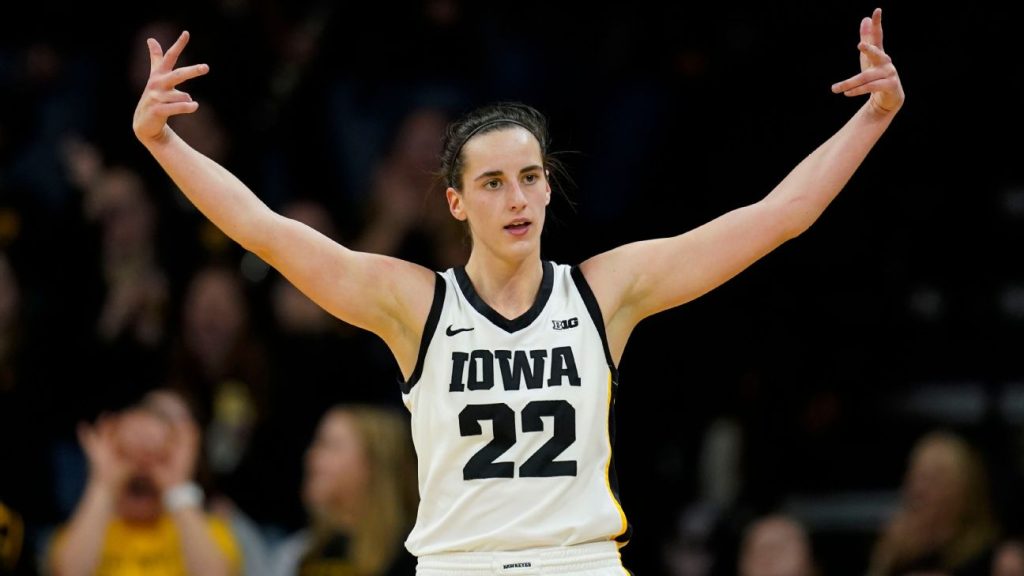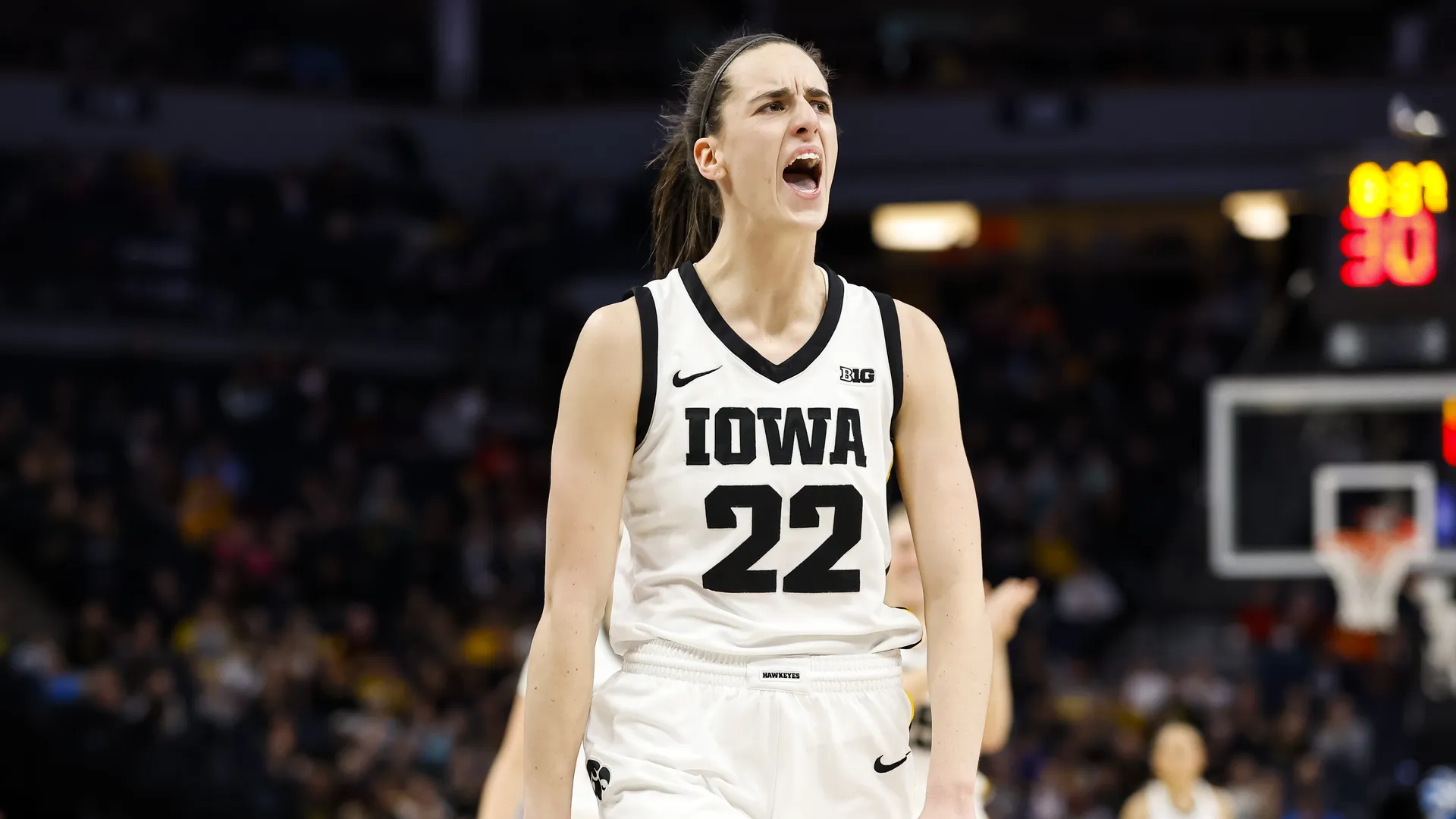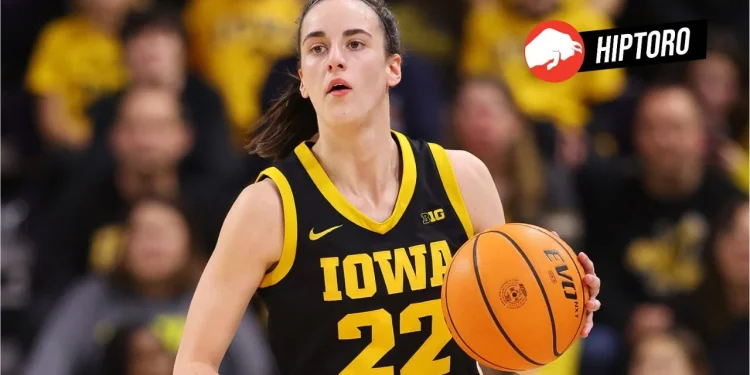As the WNBA draft looms closer, the basketball world’s eyes are keenly set on Caitlin Clark, the Iowa superstar whose decision to turn pro has become a hot topic. Known for her spectacular performances on the court, Clark’s potential move from college basketball to the professional league sparks a debate that transcends the sport itself, touching upon the evolving dynamics of athletes’ earnings in the era of name, image, and likeness (NIL) deals.

The NIL Revolution and Caitlin Clark’s Stellar Valuation
Caitlin Clark isn’t just a phenomenal athlete; she’s a brand. Her journey in college basketball has been nothing short of historic, establishing her as one of the most influential figures in women’s sports. The introduction of NIL deals has been a game-changer for student-athletes, allowing them to earn from their brands. Clark‘s NIL valuation, pegged at an impressive $818,000, puts her at the forefront of this revolution, making her one of the highest-valued female collegiate athletes in the nation.
WNBA vs. College: The Financial Dilemma of Caitlin Clark
With a potential rookie contract in the WNBA offering a total value of $338,326, the question arises: does going pro make financial sense for Caitlin Clark at this juncture? On the surface, the numbers suggest a disparity. However, the transition from college to professional sports is not merely a financial decision but a step towards a broader platform that could amplify her brand’s value exponentially.
Freshman Caitlin Clark running the show in 17U EYBL! @CaitlinClark22 @AllIowaAttack pic.twitter.com/y4u5EA97bc
— Courtside Films (@CourtsideFilms) January 30, 2024
Brand Partnerships: The Journey Continues
Caitlin Clark’s association with top-tier brands like Nike, Gatorade, and State Farm underscores her marketability and the universal appeal of her talent. These partnerships not only highlight her prominence but also suggest a seamless transition of her brand into the professional realm. The restructuring of these deals post-draft could potentially offset the initial financial differences between her college NIL valuation and the WNBA rookie contract.
The Future of Female Athletes and NIL Deals
Caitlin Clark‘s scenario opens up a broader discussion about the future earnings of female athletes and the impact of NIL deals. Her story is a testament to the shifting landscape of sports marketing, where the value of an athlete extends beyond their performance on the court. As brands continue to recognize the influence of female athletes, the financial dynamics of transitioning from college to professional sports are likely to evolve further.

Conclusion: A Pioneering Journey Ahead
Caitlin Clark stands at the precipice of a significant decision that could redefine the narrative around athletes’ earnings and brand partnerships. Her move to the WNBA, while seemingly a financial step back, could pave the way for a new era of athlete endorsements and partnerships, setting a precedent for future generations.
As the basketball community awaits her decision, one thing is clear: Caitlin Clark’s influence transcends the boundaries of the court, making her a pivotal figure in the evolving relationship between sports, branding, and athlete earnings.










